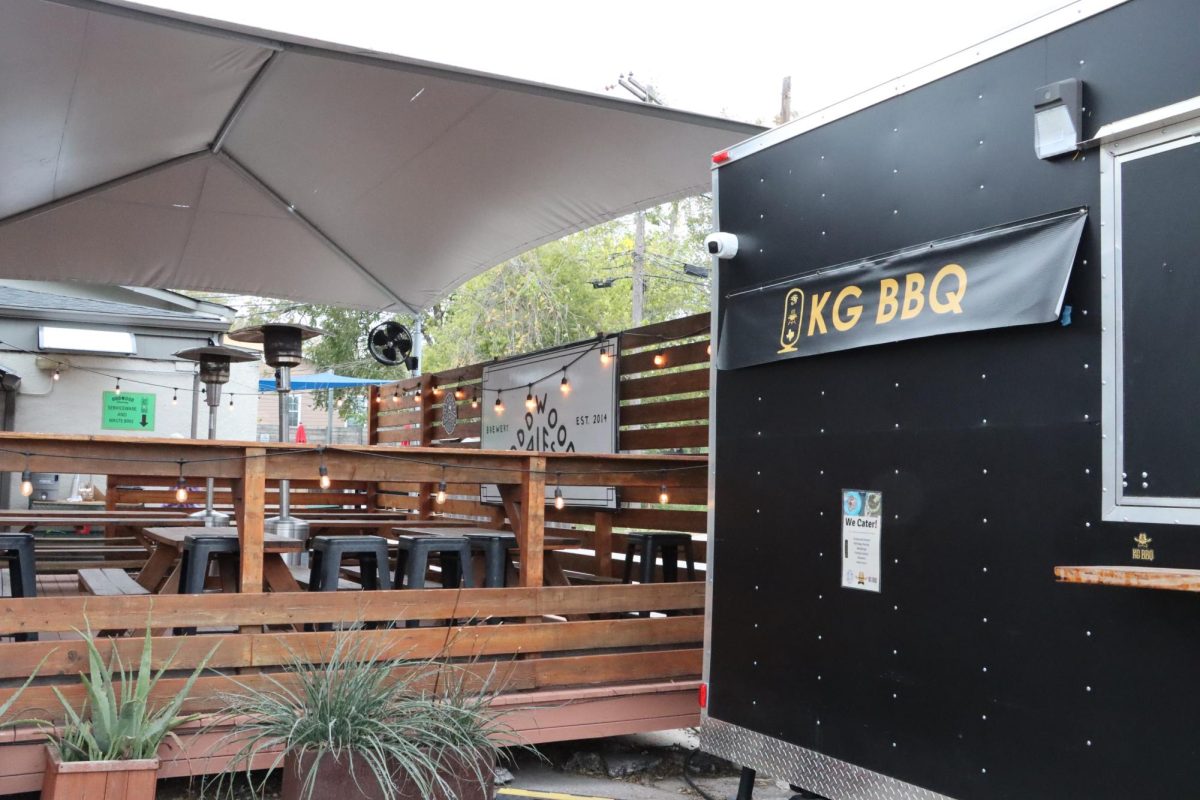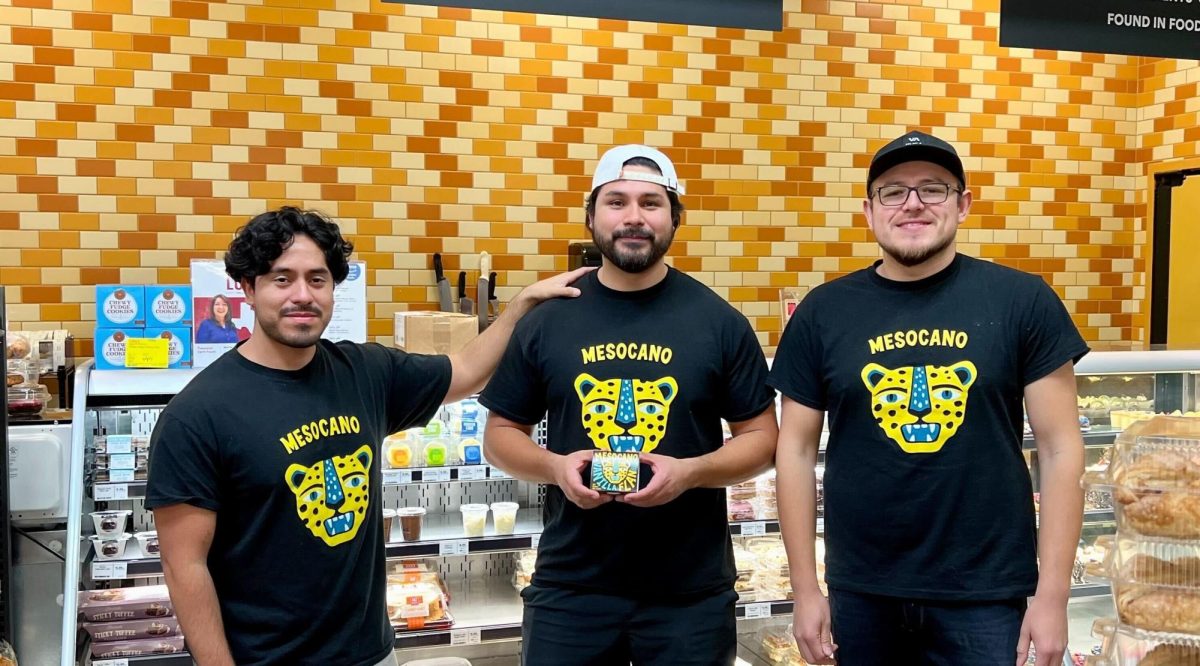Austinites have shown their affinity for specialty coffee and a particular local appeal which has maintained the demand for coffee outlets. Progress Coffee, Texas Coffee Traders and Third Coast Coffee are successful roasters in Austin that follow unique methods which cater to its customers tastes.
Faced with coffee prices that were the highest in 34 years, those who seek their caffeine fix spent a trying summer: According the U.S. Department of Agriculture, coffee prices decreased in October due to an increase in coffee supply from Colombia, Brazil and Vietnam.
Whether it’s the community appeal, the trade policy or the method of roast, Austin is turning to its local coffee outlets for a fresh cup of joe despite the cash-crunch economy.
How is it that coffee shops and roasters are thriving in the midst of a recession? It seems coffee would be a commodity cut-back, as food prices climb, but instead, the country’s coffee-drinking population has maintained its demand and Austin parallels this phenomenon.
There’s personality and characteristics to each cafe, each cup and each environment which people seek and find comfort and sociability in, Joshua Bingaman, founder of Progress Coffee said.
Bingaman, a former San Franciscan, chose the east side as a location for Progress Coffee because of its resemblance to San Francisco’s Mission District. The coffee shop then became a pioneer for East side development.
“I knew what I wanted and envisioned it growing,” Bingaman said. “Events became large and we had to hire management because of the art shows, film parties and concerts.”
As Progress grew, Bingaman had the opportunity to expand. The owner was approached by Whole Foods Market to start a roaster. “I was importing coffee from roasters across the states that were doing the older artisan barrel roasting,” Bingaman said. Because of the partnership with Whole Foods Market, Bingaman was able to produce a quality that was “pleasing to the palate in Austin.”
“The barrel roaster draws more focus on the kind of bean and its quality,” Bingaman said. A barrel roaster is a fuel-burning unit which features a firebox insulated to keep outer temperatures cool while allowing for strong coking energy within the oven itself. “It allows for attention to smaller quantities of beans roasted by hand.”
Owner and founder of Texas Coffee Traders, Robert Beall also established his coffee roaster in East Austin. After running a coffee roaster in Moscow for five years and opening a coffee roaster in Montana in 1981, Beall started Texas Coffee Traders when he moved to Austin in 1993.
Texas Coffee Traders brought a level of awareness to coffee roasting that Austin had yet to see, Beall said. “There was coffee being roasted but the knowledge and base was lacking.”
Beall uses a fluid air bed roaster, where streams of hot air convectively whirl beans around in a circular motion. According to Beall, the air bed roaster is the most practical method to roast specialty coffee, making a variety of light to dark coffee available to customers.
Beall said the company controls nearly all elements that affect coffee taste, including the quality of the soil, the location where coffee plants grow and the plants’ elevation. “Better coffee grows above 3000 feet and lower quality grows below that.” Texas Coffee Traders uses coffee beans from plants at both elevations. The higher-quality coffee beans are considered the company’s specialty coffee.
Texas Coffee Traders has grown substantially and provides its coffee to the UT campus, including cafes in the Robert Lee Moore Hall and the LBJ Law School. The company also delivers its coffee to local restaurants and coffee shops.
At Third Coast Coffee, consumer education is at the base of their business model. Employee Luke Auld-Thomas said Third Coast educates consumers on the origin of coffee and the “many impacting steps during the coffee-making process.” The company gets its product from farmers that practice equitable trading and environmental sustainability.
“Coffee is a huge part of the global economy,” Auld-Thomas said. “We’re capitalists, and in this economy, you need a good product in order to succeed and make a large social impact. You have to be able to provide something good.”
The company’s interest in the global economy stems from its involvement in Cooperative Coffees, a collective of 24 roasters in the United States and Canada. The co-op maintains on-the-ground relationships with coffee farmers from around the world.
“You can be a small local roaster and be an actively involved part of the community but still be linked in to an important and huge global trading system,” Auld-Thomas said.
Compared to Bingaman’s and Beall’s method of roasting, Jose Lozano, owner of Third Coast, decided a drum roaster would be the best alternative to roast the company beans. Auld-Thomas said people can think of a drum roaster as a “rotating pizza oven.” A set of ceramic tiles run along the bottom of the roaster, which are heated by a gas flame, and both the height and air flow of the roaster are adjustable. “The roaster itself has a large drum which tumbles coffee through while evenly dispersing the heat throughout the entire batch of beans.”




















